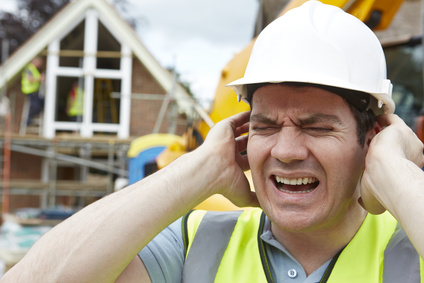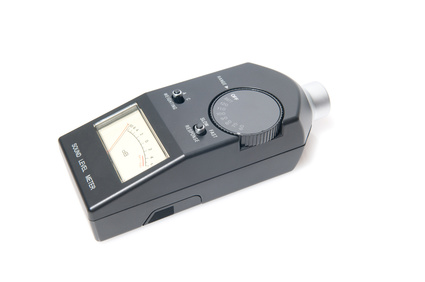Noise level reporting
Why Noise is a Problem in the Workplace
Working in noise can cause a wide range of physical and emotional responses. Employees may complain about noise for a number of reasons. They are as follows…
Hearing loss due to noise
The initial concern with exposure to noise is “will it cause a permanent hearing loss?” Even at the “safe” standard level of 85dBA …1 in 5 workers will develop a hearing loss.
To totally prevent industrial deafness requires a customized approach for the 20% of workers who are more susceptible to noise damage.
Physical fatigue and reduction in the ability concentrate
The second physical response to noise is physical fatigue …as little as 10 minutes of continual noise exposure can cause a raise in the cardiovascular system of a person. It is fatiguing to work all day in such noise. Working in noise may not cause hearing loss but can affect a person’s ability to concentrate.
Annoyance of noise
We all have an emotional or annoyance response to sound. You know what it is like to lie in bed and hear a dripping tap…you just have to get up to turn it off.
So the concerns of your workforce could relate to any / or all of the above.
How do you find out if noise is a problem?
You cannot guess or use your hearing as a guide to whether noise is a problem or not.
The only way is to have a sound level survey by Sound Advice Tas that includes octave band analysis of the noise to help establish which of the above issues is causing concern amongst your workforce.
Once the noise levels are accurately identified then the appropriate workplace action can take place from the recommendations of the report.
If the noise is not deemed hazardous or in any way affecting work performance then this would suggest that the employees with concerns should have their hearing checked as they may have abnormal loudness perception.
It also should be noted that there are different noise standards for different work environments. Noise is not just about being hazardous…it also relates to type of work being done and levels of concentration that is required.
Call 03 62 235 444 for advice on your workplace noise issues


